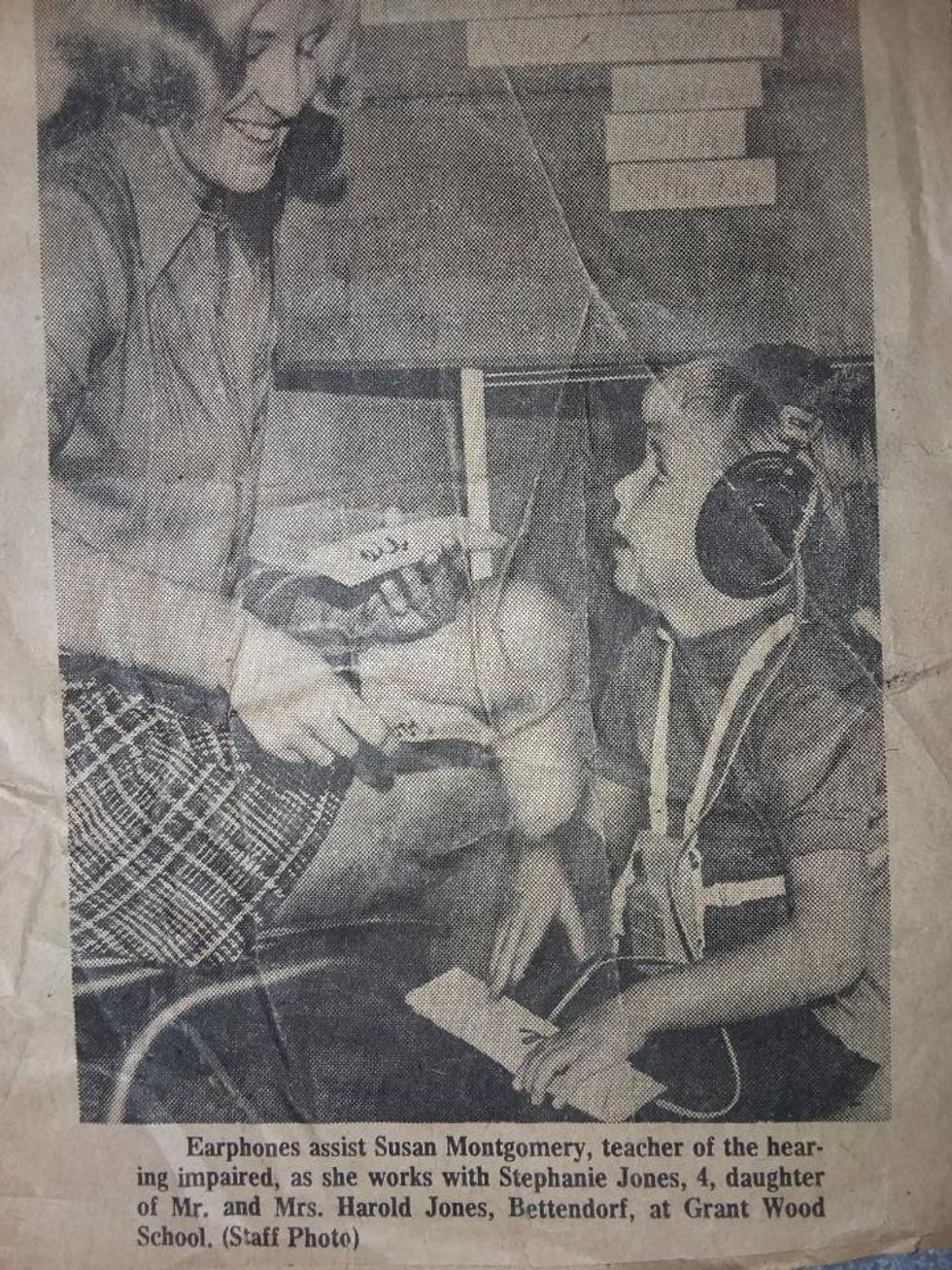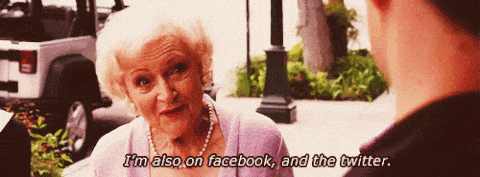In Honor Of Deaf History Month, Here's Some Background On Deaf People's Fight For Rights
There is a lot that people don't know about Deaf culture and it is important
It is likely that you have gone your whole life without thinking about what it is like to be deaf; for many people, they never have to think about it. If a person doesn't have any deaf people in their family, it is likely they know very little about deafness and deaf culture. A lot of times, people only know about deafness from shows like "Switched at Birth". That said, there are so many resources to help learn more about this community, and it is important that we utilize them.
March 13th through April 15th is Deaf History Month. Deaf History Month has a goal to honor and spread awareness about deaf and hard of hearing people. Deaf history is interesting because more often than not, the deaf community would make headway in fighting for their rights and to get treated as if they are not disabled, and then they would get pulled back and made to conform to the hearing world again.
The first public school for the deaf was opened on April 15, 1817. On April 8, 1864, Gallaudet University, the world's first deaf and hard of hearing college was founded and opened. With all of these advances, the hearing world started to get concerned that if the deaf and hard of hearing only lived and surrounded themselves with the deaf community, then they would struggle and be behind in life. In response to this concern, hearing and deaf educators gathered at the Second International Congress on Education of the Deaf to discuss the oral versus manual/sign language education. After discussing and taking a vote, a ban on the use of sign language in school was passed.
In 1890, the National Association of the Deaf was founded to promote civil rights for deaf individuals and to advocate for the use of sign language. Finally, in 1965, William Stokoe finished the ASL Dictionary and proved that ASL is its own fully formed and developed language and should be used in the Deaf community.
The next big issue in the Deaf community was in 1988 with the Deaf President Now movement at Gallaudet University. In all of Gallaudet's history, there had never been a President of the University that was deaf. When the 8th president came up to be voted on the board, of which the majority was hearing, they decided on a hearing President over a deaf one. This created outrage, and the students protested in response with three simple demands. The first was that the hearing President resign and be replaced with a deaf President. The second was that the board be at least 51% deaf, thus creating a deaf majority. The final demand was that there be no consequences for the students involved in the protest. They eventually succeeded and got all of their demands.
The hearing world is often very exclusive to those in the Deaf community. There have been large strides in the Deaf community, but there is so much more that needs to be done. For example, there were two ASL interpreters at the 2022 Superbowl half time show, but if you were watching on TV, you most likely didn't see them once. This means that any deaf person watching would have missed out on the whole thing, too. Same goes for the National Anthem and the pre-game songs. The interpreters were barely shown, and that is another thing the deaf community missed out on.
So while you may not think that you should know this information or that Deaf history isn't important, you should learn more about it. Deaf history is also a part of our history as hearing people, and we should focus on including them, too.



 personal
personal

































